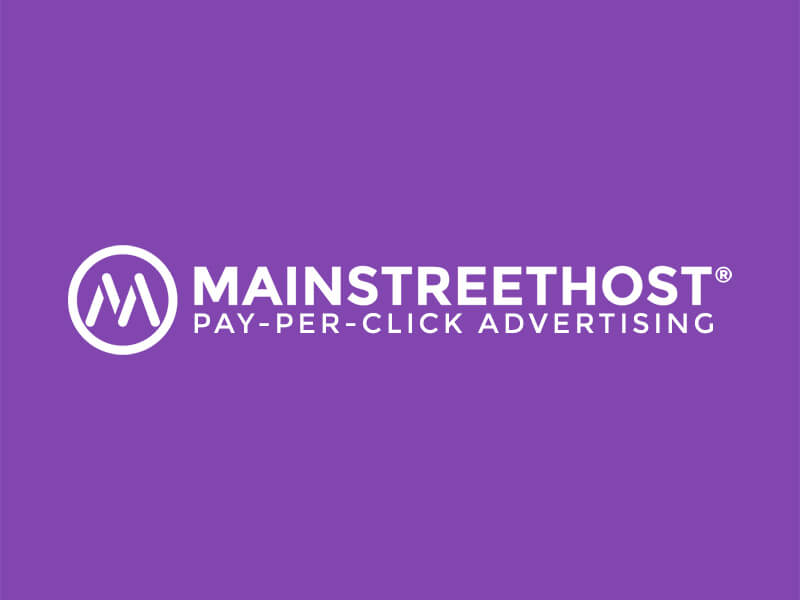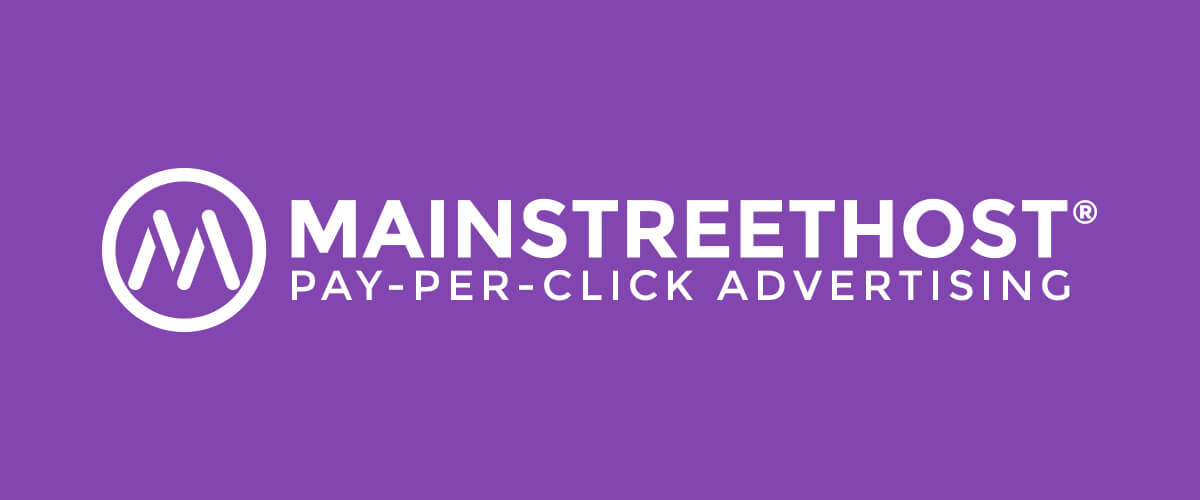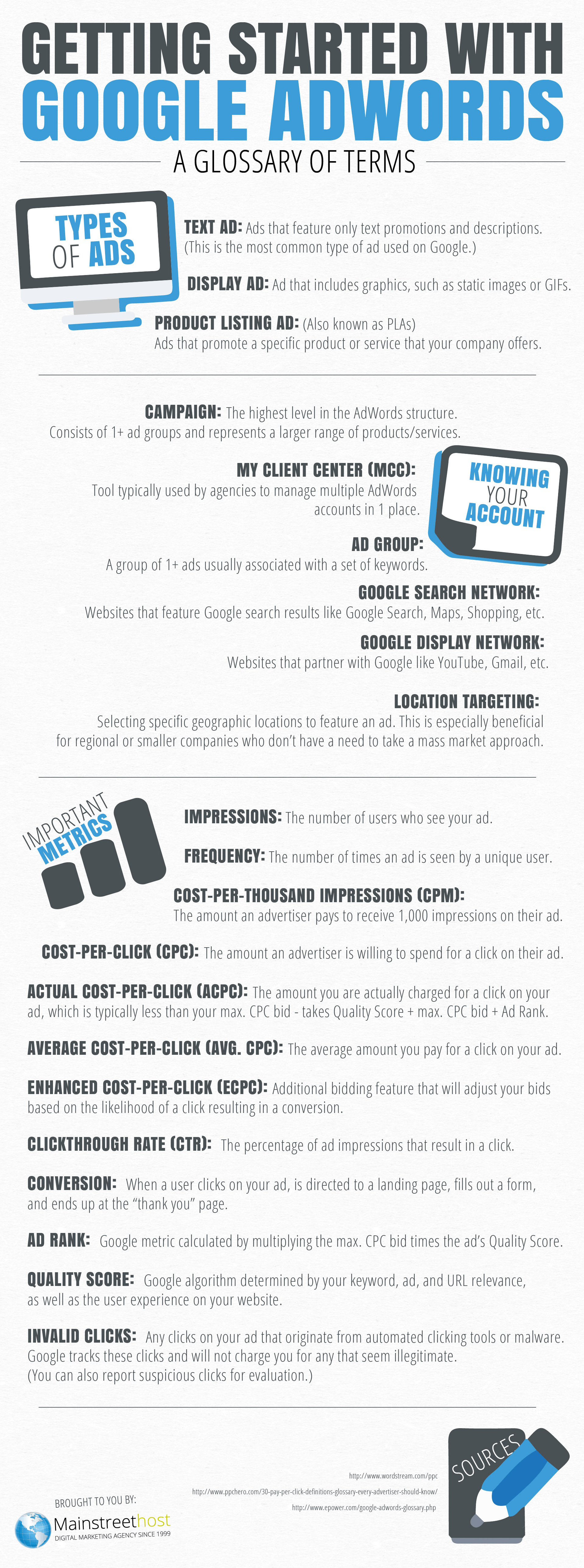PPC, or Pay-Per-Click, is a dominant fixture in the world of online advertising. Though many platforms exist, Google AdWords is one of the most popular and often turned to for marketers across the globe. As PPC’s relevance continues to rise with a more digitally-focused marketing industry, we are launching a series of blog posts on the topic to help you understand what it’s all about and how you can effectively utilize it for your company.
In its most basic form, keyword searches trigger ads located at the top, side, and bottom of search results, oftentimes highlighted to stand out from organic search results. Although other bidding options exist, advertisers typically pay a fee every time their ad is clicked on. In order to determine where your ads will show in Google’s search results, AdWords will take into consideration the quality of your ad(s), their relevance to the keyword(s) you want triggering your ad(s), and the maximum amount you are willing to spend per click. When determining your AdWords budget or how much you’re willing to spend per click, consider the value of a qualified website visit (a click on your ad) and the added value that comes as a result of converting them into a paying customer.
Before you can start designing ads and bidding for placements, you have to understand the terminology behind PPC and Google AdWords. The infographic below will help you learn or brush up on some commonly used terms:






